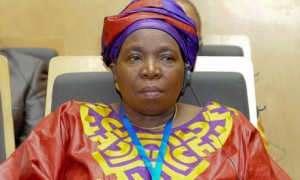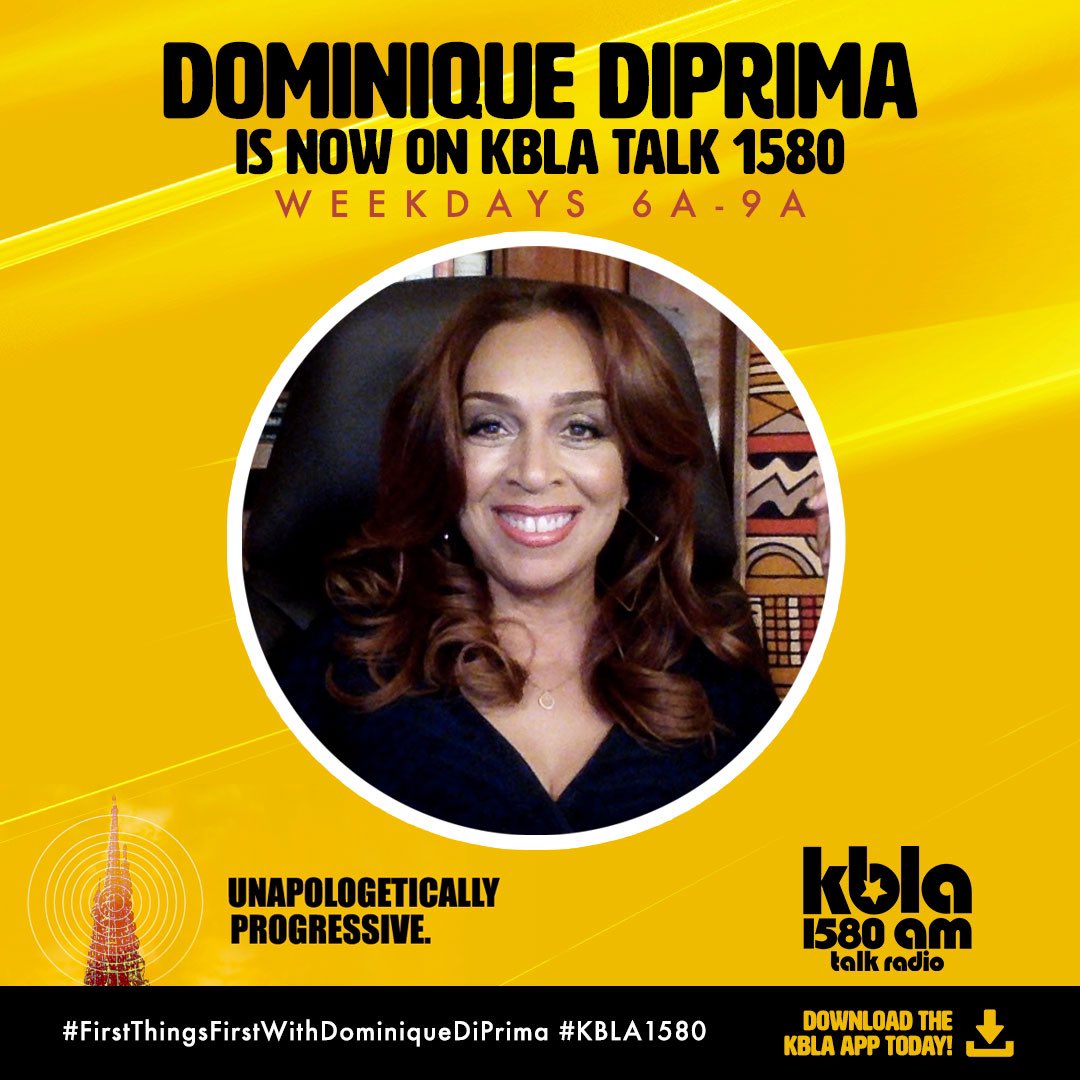Dlamini-Zuma, Le ministre des affaires intérieures de l'Afrique du Sud, bat titulaire Jean Ping du Gabon à la fin des mois d'impasse
Un homme politique sud-africain est devenu la première femme chef de laUnion africaine (AU), fin des mois d'impasse amère à l'organisation continentale.
Nkosazana Dlamini-Zuma, Sud AfriqueDu ministre de l'Intérieur, a été élu président de la Union africaine Commission le dimanche lors d'un sommet des chefs d'Etat et de gouvernement à Addis-Abeba, Ethiopie.
Acclamation éclaté au siège de l'UA en tant que partisans de Dlamini-Zuma, 63, célébré sa victoire sur le titulaire Jean PingGabon.
“Nous l'avons fait!” un délégué du Zimbabwe a crié sourire, reflétant le fort soutien de la candidature de Mme Dlamini-Zuma a reçu de leurs collègues membres de la Communauté de développement de l'Afrique australe.
Le président sud-africain, Jacob Zuma, ex-mari de la candidate gagnante, sorti de la salle de conférence où le vote avait eu lieu d'annoncer que “L'Afrique est heureuse!” Sa victoire serait l'autonomisation des femmes, at-il ajouté.
Dlamini-Zuma est la première femme à diriger le continent depuis l'Organisation de l'unité africaine, plus tard l'UA, a été fondée en 1963. Elle est aussi la première de l'Afrique australe. Elle doit relever le défi de la revitalisation d'un corps souvent critiquée pour sa réponse lente et inefficace à des crises telles que celles en Côte-d'Ivoire et la Libye l'année dernière.
La victoire de Dlamini-Zuma était loin d'être certain. Elle avait résisté contre Ping aux élections en Janvier, which ended in a stalemate that extended Ping’s term in office by a further six months until a fresh ballot could be held.
In this first contest, neither candidate managed to secure the two-thirds majority needed for an outright win but Ping garnered slightly more support than his opponent.
Many observers felt it would be difficult for Dlamini-Zuma to overcome the widespread discontent with South Africa for breaking the unwritten convention that the five largest contributors to the AU budget – Nigeria, Egypte, Libye, Algeria and Afrique du Sud – should not contest the commission’s highest office.
Both Nigeria and Egypt, whose strategic interests would not have been served by a South African victory, were strongly in the Ping camp. There are concerns that South Africa, the continent’s biggest economy, will use its position as AU chair to further its efforts to secure a permanent African seat on an expanded UN security council.
There had also been widespread scepticism in the South African press, which branded the country’s campaign “quixotic”.
But hard lobbying from the South African government and its regional partners turned the tide for Dlamini-Zuma. The campaign became personal towards the end of the contest with tempers flaring on both sides. Ping made an angry riposte to allegations in the South African press regarding his candidacy and campaign financing last week that lost him critical support.
His chances of victory were further undermined by the absence of two of his key champions – the continued threat of attack from Islamist militants kept the Nigerian president, Goodluck Jonathan, at home, while Meles Zenawi, Ethiopia’s prime minister and the summit’s host, has yet to make an appearance at the meeting and is rumoured to be seriously ill and receiving treatment in Europe.
As in January, the election went the distance. In the first round, Dlamini-Zuma had a narrow advantage, beating Ping by 27 votes to 24. In the second she extended her lead, gaining two more votes. By the third she was just one vote short of the 34 needed to secure a two-thirds majority. She contested the fourth and final round alone and managed to succeed where Ping had failed, winning support from 37 out of the 51 eligible member states.
Yoweri Museveni, president of Uganda, welcomed the result, believing Dlamini-Zuma will be a strong advocate for the continent. “We are used to diplomats and bureaucrats,” dit-il. “Her background as a freedom fighter, this is value addition.”
He felt that the rifts exposed by the election had been healed “because we agreed” on Dlamini-Zuma.
Zuma concurred. “I think the AU has done the right thing,” dit-il. “Southern Africa is happy but the whole of Africa is happy.” The appointment of Zuma’s ex-wife removes her as a potential focal point for opposition to his candidacy before elections in South Africa in 2014.
Before the vote rumours spread of a compromise third candidate. Mohammed Ibn Chambas, a former president of the west African regional block Ecowas, and Joaquim Chissamo, the ex-president of Mozambique, ont été parmi ceux qui sont nommés.
Erastus Mwencha, un Kenyan, le vice-président de la Commission de l'UA, a été réélu pour un second mandat. Son soutien a été presque unanime, avec 50 sur une possibilité de 51 votes, et sa victoire brise une autre convention non écrite qui veut que le président et le vice-président sont détenues par un francophone et un anglophone pays. Lors d'une conférence de presse avant l'élection, Dlamini-Zuma a déclaré que s'il était nommé président, elle évaluerait “ce qui ne fonctionne pas bien et ce qui peut être renforcée”.



Pas de commentaire
Commentaires pour Union africaine choisit première femme chef sont maintenant fermés.